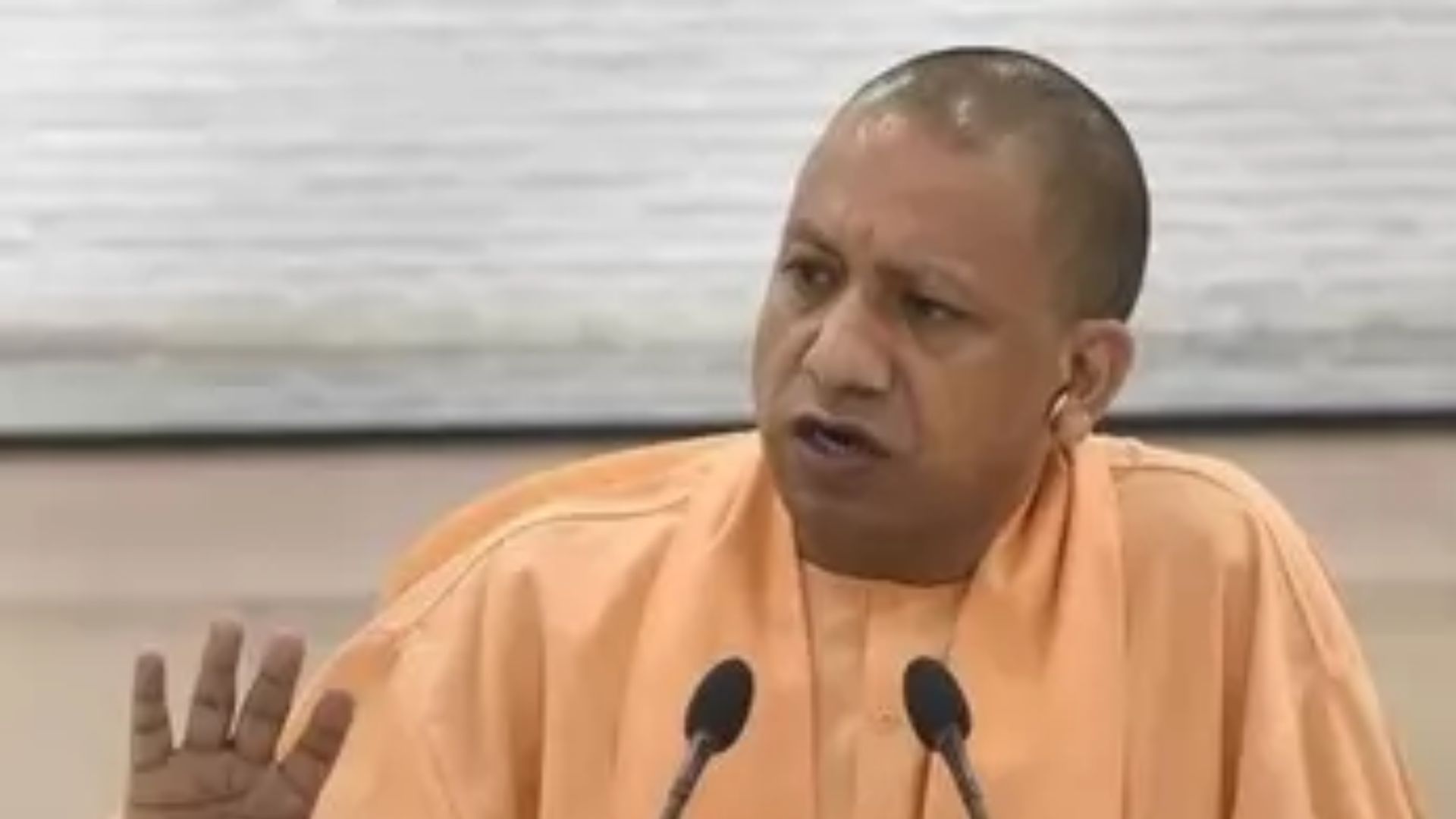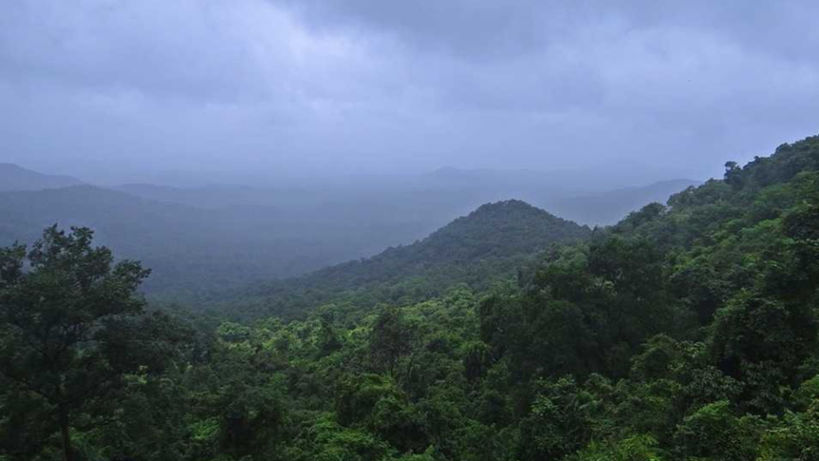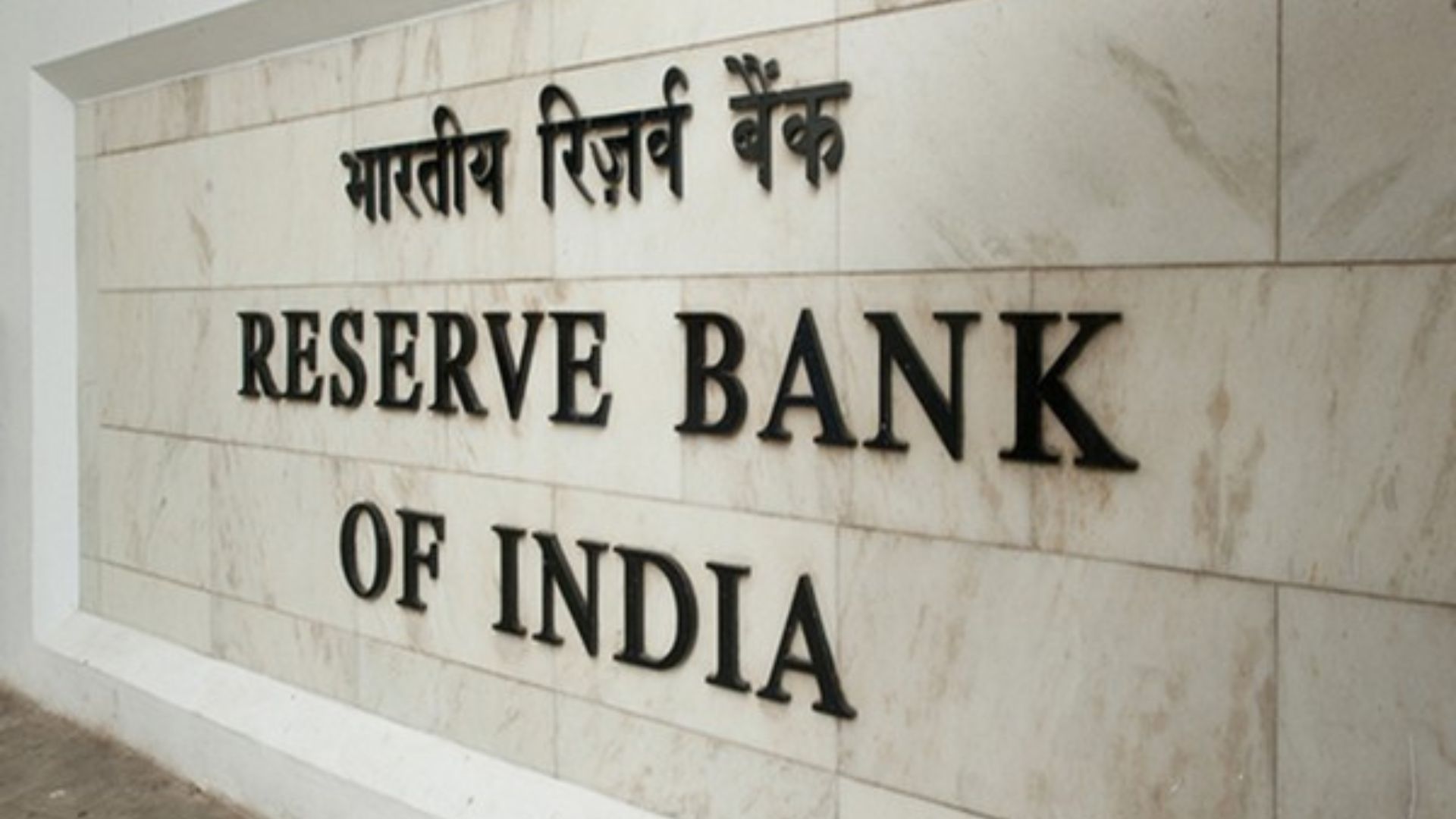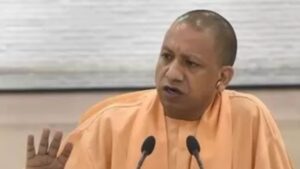Uttar Pradesh declares a ‘no non-veg day’ on the birth anniversary of Sadhu Thanwardas Lilaram Vaswani, prompting heated discussions amid the recent ‘Halal Ban’ controversy. The government’s order mandates the closure of all slaughterhouses and meat shops on this significant day, honouring Vaswani, a staunch advocate of vegetarianism.
The circular issued by the Uttar Pradesh government explicitly states, “November 25, 2023, the birthday of Sadhu T.L. Vaswani, is declared a meat-free day.” This decision aligns with previous instructions to close slaughterhouses and meat shops on major festivals and occasions, reinforcing the state’s commitment to these values.
This action follows the Yogi Adityanath-led government’s strict measures against the illegal issuance of ‘Halal Certificates,’ which sparked a nationwide debate. Critics claim that the ‘Halal Ban’ causes unnecessary divisions, with Samajwadi Party chief Akhilesh Yadav accusing the BJP of attempting to sow discord among communities.
In response, BJP leader Giriraj Singh thanks Chief Minister Yogi Adityanath for launching an investigation into ‘Halal Products.’ The political landscape in Uttar Pradesh is currently buzzing with debates about cultural sensitivities, religious practices, and the role of the government in shaping dietary choices.
As the ‘no non-veg day’ unfolds, the state grapples with contrasting opinions, revealing the complex interplay between cultural traditions, governance, and public sentiment.













